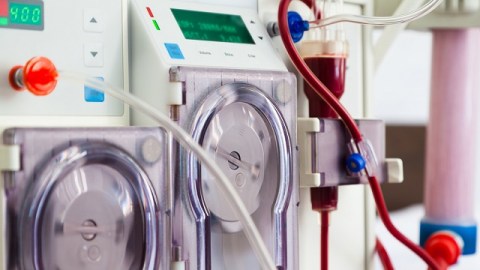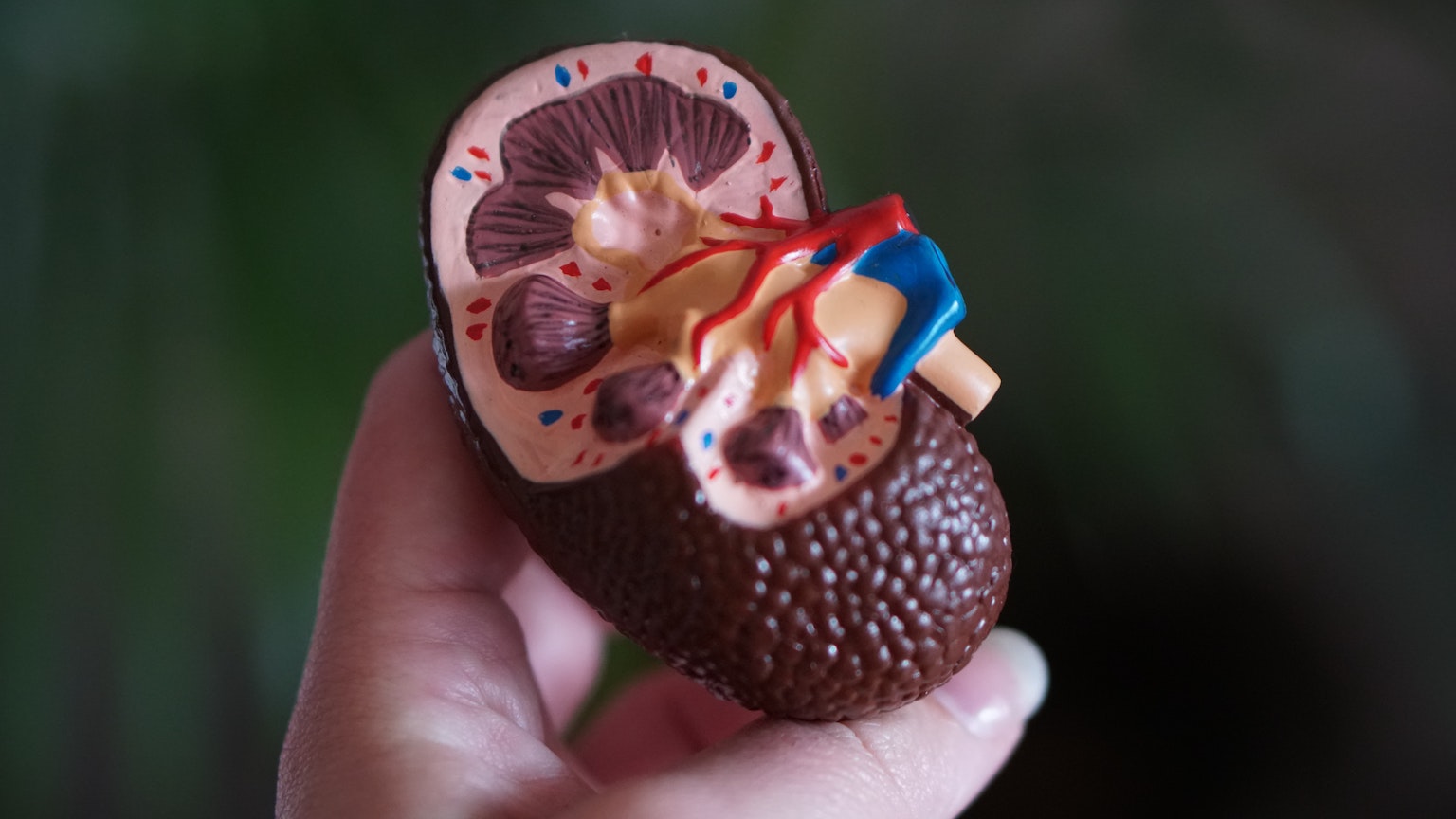Could Paying Kidney Donors Save Money In The Long Run?

What’s the Latest Development?
In a paper published this week in Clinical Journal of the American Society of Nephrology, University of Calgary researcher Lianne Barnieh and her team crunched the numbers to find out what it would mean to pay people $10,000 for their kidney. They found that over time, assuming a five-percent increase in the number of kidneys available for transplant, the health care system would save $340 over the lifetime of each patient through improved overall net health. Barnieh says they put the price of donation at $10,000 because “we didn’t want it to be so much money that it would change someone’s life completely…[but] a compensation for the pain and suffering. And to tip the balance of those who are maybe considering donation.“
What’s the Big Idea?
Under the current, uncompensated donation system, demand far outstrips supply, and experts from a wide range of disciplines have wrestled with ways to correct the imbalance. Naturally, any suggestion of paying for organs raises concerns among bioethicists such as NYU’s Arthur Caplan: “A large number of people would not support this strategy…You don’t want to make organ donation into an abortion debate.” Another approach, which requires people to opt out rather than opt in, is proving successful in countries such as Spain.
Photo Credit: Shutterstock.com




